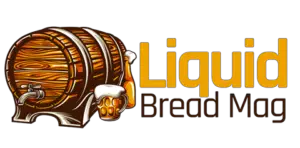Home Brewing Products
Recent Posts
Making mead is a meticulously methodical process, which is why the end product is so rewarding. If you don’t err on any of the technicalities, your mead will be delicious and often better than you...
Making moonshine at home has recently become very popular in the United States. This historically important beverage has found a new reputation amongst homemade liquor enthusiasts due to its simple...
Making wine at home can be a great way for wine enthusiasts to procure and enjoy wine. Not only can homemade wine be healthier than bottled or mass-produced wine, but it can also be a better fit for...
Mead has been enjoyed by ancient cultures in Europe, Africa, and Asia, long before the Vikings began brewing it. Even today, mead is popular in some cultures, and a version of the honey wine is the...
Tequila Rose makes a welcome addition to any home bar. Packaged in a tall, dark, elegantly designed bottle, the classic drink looks pretty alluring. Tequila Rose helps create delicious memories and...
When you're making wine, sometimes you want to stop fermentation before it completely consumes the sugars. Alternatively, you may want to prevent yeast from consuming the sugars added to your wine...
